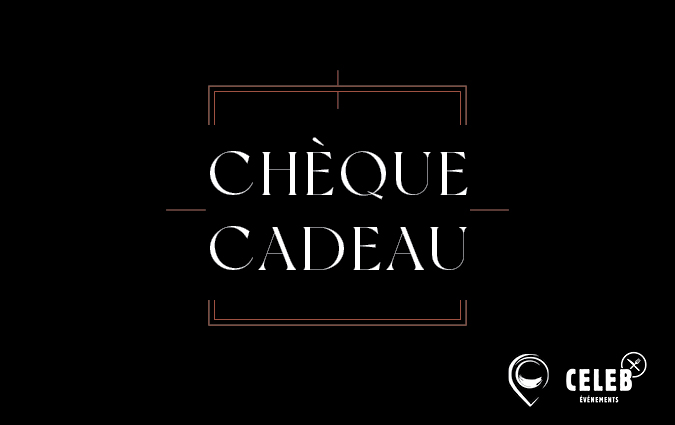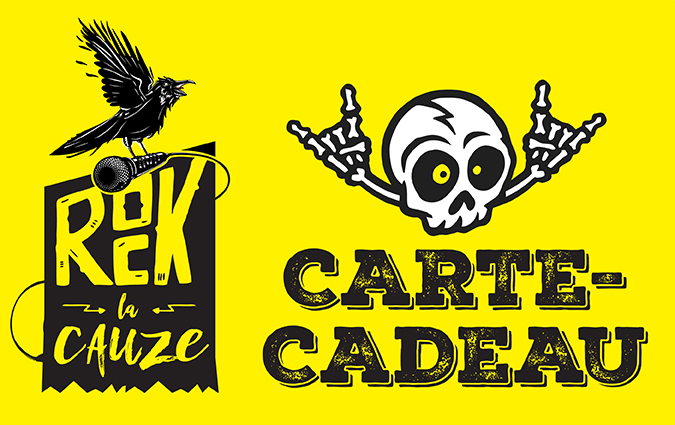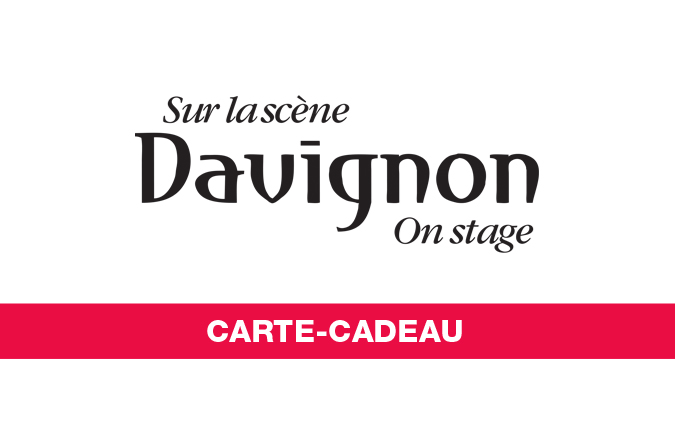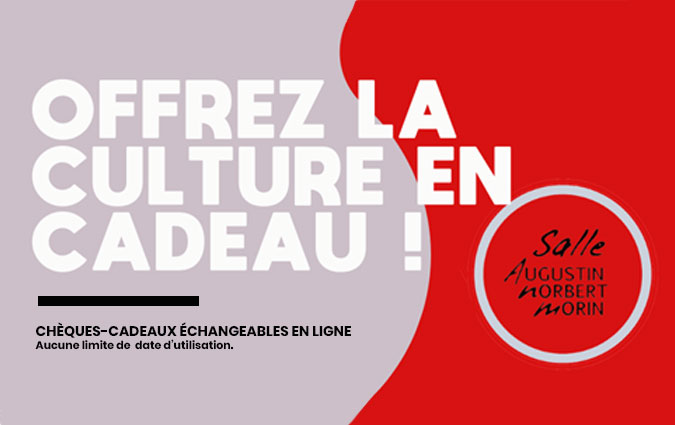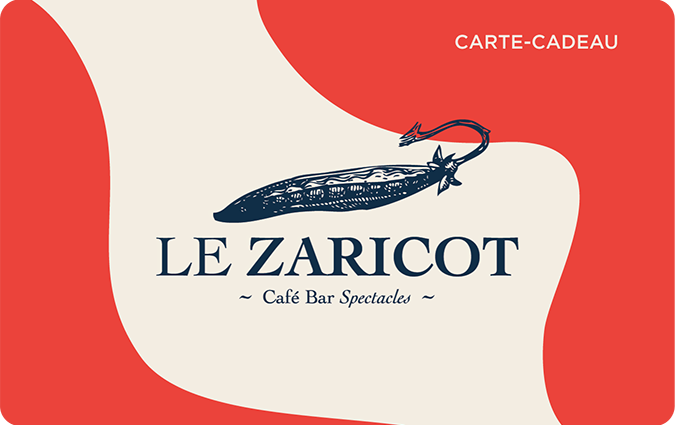
Damsaz Ensemble en concert
Share this event
For more info about this event, please contact the event organizer, Ziya Tabassian, at zizarb@gmail.com.
Buy Tickets
Damsaz Ensemble :
Maestro Hamid Motebassem, tar & setar
Samira Golbaz, bamtar
Ziya Tabassian, tombak
Iranian Traditional Music
- Refunds
- No refunds
- Exchanges
- No exchanges
Damsaz Ensemble :
Maestro Hamid Motebassem, tar & setar
Samira Golbaz, bamtar
Ziya Tabassian, tombak
Iranian Traditional Music
- Refunds
- No refunds
- Exchanges
- No exchanges
Maestro Hamid Motebassem
Hamid Motebassem was born in 1958 in Mashad, Iran. He was raised in a musical family, where his brother was a violinist and his first teacher was his father, Ali Motebassem who played the Tar. His subsequent teachers included the masters Habiballah Salehi, Zeydallah Toloie, Houshang Zarif, Hossein Alizadeh and Mohammad Reza Lotfi. Motebassem studied in the Tehran School of Art and the Conservatory of Persian Music. He was a member of the Chavosh Cultural Center where he taught music. One of the original members of Aref Ensemble, he founded Dastan Ensemble as well as Ensemble Chakavak, Mezrab & Pardis upon immigration to Germany in 1986.
Hamid Motebassem is the founder of the Society of Tar and Setar and has since 1994 organized annual seminars dedicated to the two instruments. He has performed on numerous albums of contemporary Iranian composers.
His own works include compositions for traditional instruments:
The recordings BamdadThe Scent of NoroozThe Song of the SeaSaz-e No, Avaz-e No, Dastan TrioDastan DuetHanaie and Shurideh, which won the title “Musical Shock“ in the music journal, Le Monde and received the 2003 Best Music of the Year Award from the French Ministry of Culture.
www.motebassem.comSamira Golbaz
Samira Golbaz was born in 1984. She holds B.A of music from Sooreh University and M.A in Art-Research from Islamic Azad University. Her main instructors in playing Setar and Iranian music principles were Ataollah Jangook, Hamid Sokouti, Bahram Jamali, Alireza Rastinfar, Masoud Shaari and Hamid Motebassem. Her most important artistic activities includes teaching music, collaborating with some music groups (such as Torgheh, Sarv-e-azad and Mezrab), collaborating with Hamid Motebassem as a Tar and Setar player in some albums such as “Zemzemeha”, “Zemestan”, “To kisti”, “Tar-o-Pud”, and “My Colorful Dreams”. She has performed in several countries and different international festivals and has written music articles and reviews as well.
Ziya Tabassian
Renowned for his virtuosity and innovative approach to percussion, Ziya Tabassian, embarked on his musical odyssey at the age of ten, immersing himself in the resonant beats of the tombak, in Iran. His journey continued in Quebec, where he melded classical Western percussion with his Eastern roots, studying with Julien Grégoire between 1994 and 2001 and earning a Bachelor's degree in interpretation from the Université de Montréal. A pivotal moment in Tabassian's artistic evolution occurred during a transformative residency at The Banff Centre in 2003. Here, he seamlessly blended Iranian percussion with contemporary influences, a fusion that continues to define his distinctive sound.
Tabassian's global pursuits led him to master classes with luminaries such as Bahman Rajabi, Aziz Alami, Trichy Sankaran, Mısırli Ahmet, Shree Sundarkumar, and Yogesh Samsi. His boundless curiosity and tireless exploration have made him a prominent figure in early music (medieval, Renaissance, and Baroque), contemporary and world music.
As a percussionist, Tabassian's versatility shines through in collaborations with diverse musical groups, including the Regard Persan trio and Ensemble Caprice. His performances have graced stages in over 40 countries, earning acclaim in prestigious festivals and concert halls.
Supported by the Conseil des arts et des lettres du Québec and the Canada Council for the Arts, Tabassian's discography is marked by collaborations with the likes of the Kronos Quartet, Kayhan Kalhor, and Mercan Dede. His solo albums, including "Tombak" (2007), "The Circle of the Cycles" (2017), and "Zarb-e Osul" (2020), showcase his deep exploration of Persian rhythmic cycles. Recently, Tabassian unveiled "Remembrances", an album featuring his original compositions for instrumental ensembles. His compositions are characterized by a rich tapestry of sounds, seamlessly weaving together traditional and modern influences.His artistry continues to captivate audiences, offering a captivating blend of tradition and innovation.
www.ziyatabassian.com
www.ziyatabassian.com

